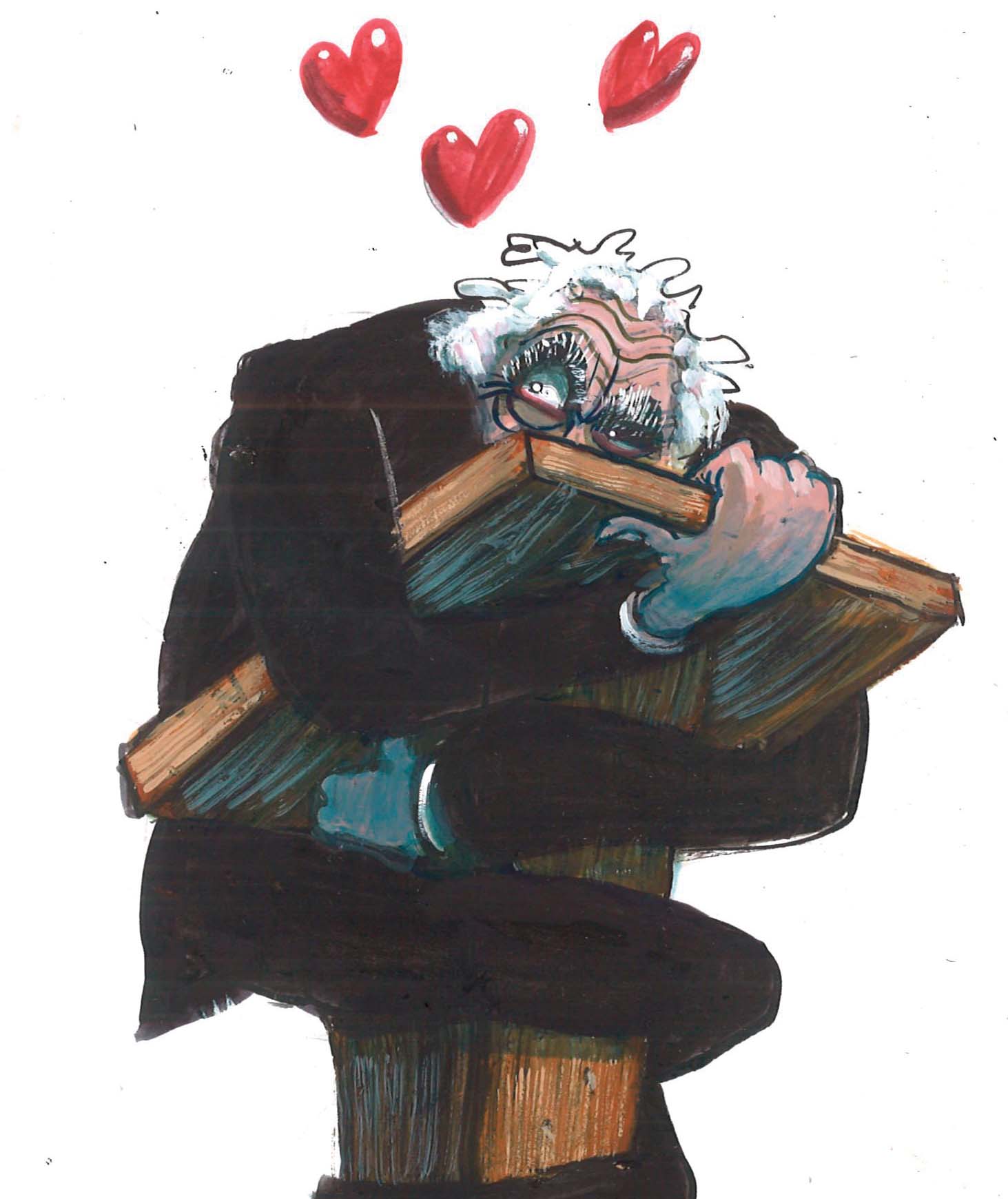
This article is a preview from the Autumn 2018 edition of New Humanist
‘‘You’re Professor Taylor, aren’t you? I was a student at York. I still remember your lectures.” The middle-aged man behind me at the checkout in Waterstones obviously had more to say. “You were very good. You used to run around the stage and tell jokes.”
“Thank you,” I said, still entertaining the hope that now he had got the amateur dramatics out of the way, my ex-student might go on to recall my lucid exposition of Bourdieu’s concept of cultural capital or Foucault’s theory of capillary power.
“And you used to pretend that you couldn’t work the overhead projector. Even students who weren’t doing sociology would come along for the laughs.”
After I’d paid for the latest Julian Barnes I wandered off down Malet Street and considered how relevant my ex-student’s testimony might be in the current controversy about the value of the university lecture. It’s a heated debate. On one side are the modernisers who express amazement at the idea that there might be any pedagogic value in some old buffer delivering a 60-minute monologue to a couple of hundred students, who combat the tedium of the event by calling up rival attractions on their mobiles and laptops. That is a caricature, retort the traditionalists. Of course there are a few inadequate lecturers, but that is no reason to throw away the opportunity for students to observe a true specialist in the field develop a distinctive, informed and often impassioned perspective on the topic in hand.
My own memories of university lecturers do little to resolve the matter. Modernisers, for example, would have found first-class fodder in the ineptitude of a certain Dr Slocombe, who, back in the late 60s, lectured several hundred psychology students at the University of London on the topic of short-term memory even though there were well-substantiated claims that his own deficiency in this cortical faculty frequently led him to forget his own name.
But I can readily counter my memories of Slocombe’s frontal assault upon the value of the lecture by recalling the oratorical pyrotechnics routinely performed by Dr Ronald Beaumont, my sociology teacher. Beaumont had what can only be called an astronomical approach to his subject.
As he spoke his arms would weave extraordinarily complex patterns. Above his head he would place the distinctive periods of human civilisation: Oriental Despotisms, Feudalism, Pre-Industrial Societies, Industrial Societies, Post-Industrial Societies. And while keeping all these balls aloft with his right hand, he would lower his left hand so as to capture the social institutions that characterised such societies: religion, family, education, property. Only then, and to the delight of the audience, would he contrive to bring the separate spheres together as he traced the affinities between, say, families in Ancient Egypt and families in Victorian England.
What will no doubt spell the end of inspirational lecturers like Beaumont is the current mania for immediate measures of teaching proficiency. When teaching excellence is now determined by a combination of student assessment, dropout rates and employment destinations, there is no way in which any credit could be given to the long-term impact of a lecture by someone like Ronald Beaumont.
But I can testify to just such longevity. It is now, for example, well over 60 years since I heard Dr Beaumont pronounce on the extraordinary manner in which people came to believe, even in the face of utterly contradictory evidence, that their own societies with their distinctive institutions and settled patterns of work and leisure were somehow indestructible; an end point in human civilisation. But they were all wrong, he would insist, smashing the lectern with his right hand.
Some of us in the audience used to giggle at such a dramatic gesture. If Beaumont were still alive today, I like to think that he would find some considerable comfort in the news that current events had already wiped any such smiles off all our faces.

